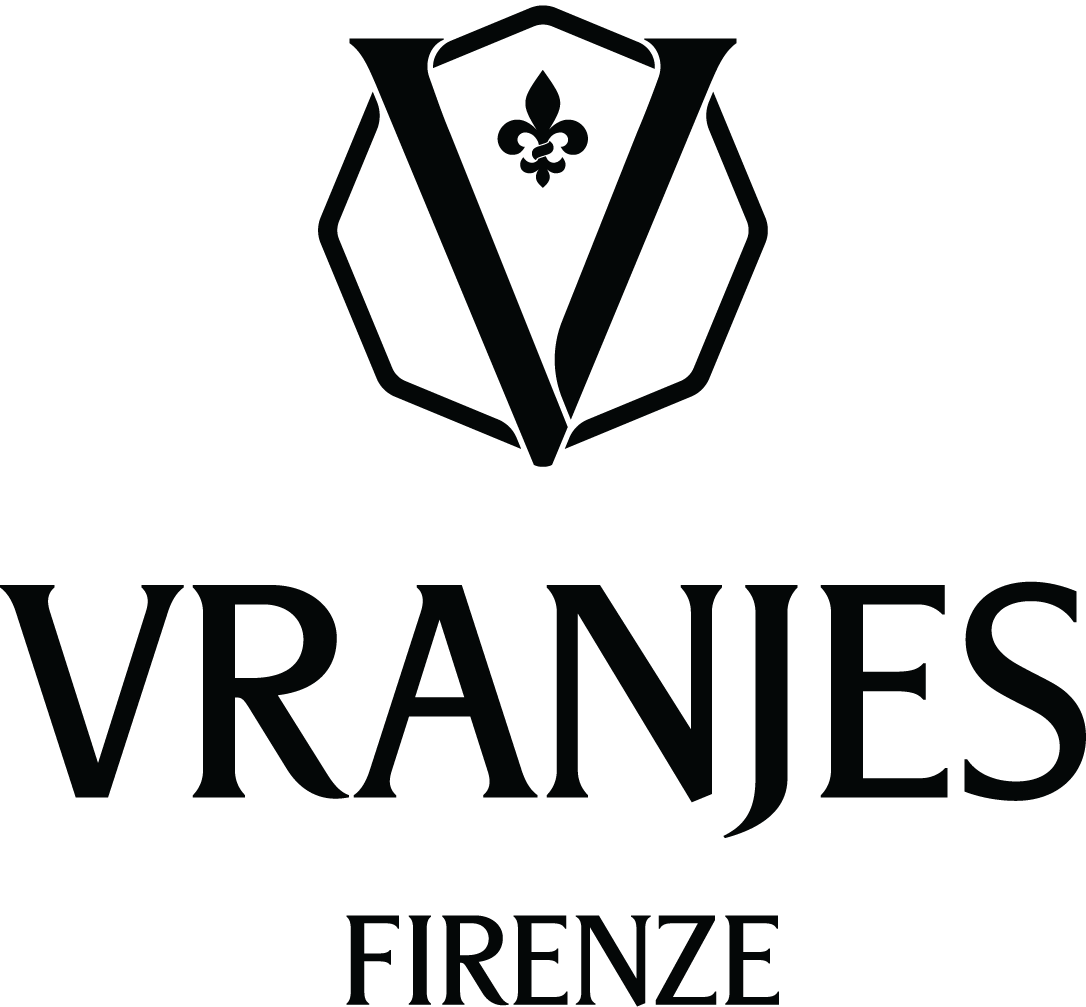

Dr. Vranjes Firenze S.p.A.

1.6
Tuscany, Italy
August 2025
Personal care products
Manufacturing
Albania,
Argentina,
Armenia,
Australia,
Austria,
Azerbaijan,
Bahrain,
Belgium,
Benin,
Bolivia,
Bosnia and Herzegovina,
Bulgaria,
Canada,
Chile,
China,
Colombia,
Cote D'Ivoire (Ivory Coast),
Croatia (Hrvatska),
Cyprus,
Czech Republic,
Denmark,
Ecuador,
Estonia,
Finland,
France,
Georgia,
Germany,
Ghana,
Greece,
Hungary,
Iceland,
India,
Indonesia,
Iraq,
Ireland,
Italy,
Japan,
Jordan,
Kenya,
Kuwait,
Kyrgyzstan,
Latvia,
Libya,
Liechtenstein,
Lithuania,
Luxembourg,
Macedonia,
Malaysia,
Maldives,
Malta,
Mexico,
Moldova,
Monaco,
Montenegro,
Morocco,
Netherlands The,
Nigeria,
Norway,
Oman,
Paraguay,
Peru,
Poland,
Portugal,
Qatar,
Romania,
Saudi Arabia,
Serbia,
Singapore,
Slovakia,
Slovenia,
South Africa,
Spain,
Sweden,
Switzerland,
Taiwan,
Thailand,
Turkey,
Ukraine,
United Arab Emirates,
United Kingdom,
United States,
Uruguay,
Uzbekistan,
Venezuela,
Vietnam
At Dr. Vranjes Firenze, we believe that true luxury is inseparable from responsibility. Our fragrances reflect a commitment to our Florentine heritage, nature and people. Rooted in the heart of Tuscany, every Dr. Vranjes Firenze creation is designed, formulated, and produced locally. By working with artisans, suppliers, and partners from our territory, we shorten the supply chain, reduce our footprint, and preserve the excellence of Florentine craftsmanship. Our approach to research and production is guided by both science and sustainability. From the careful selection of raw materials to our refill system and recyclable packaging, we continuously innovate to minimize waste and extend the life cycle of our products. Our team is the soul of the brand: we invest in their talent, foster growth, and promote a culture of transparency and care. Beyond our walls, we are committed to enhancing the communities we belong to and protecting the environment that inspires our creations. As a B Corp, we are part of a global movement of companies using business as a force for good. Our promise is to keep combining art and science with responsibility, offering fragrances that not only enrich spaces but also contribute to a better future.
Overall B Impact Score
Governance 18.0
Governance evaluates a company's overall mission, engagement around its social/environmental impact, ethics, and transparency. This section also evaluates the ability of a company to protect their mission and formally consider stakeholders in decision making through their corporate structure (e.g. benefit corporation) or corporate governing documents.
What is this? A company with an Impact Business Model is intentionally designed to create a specific positive outcome for one of its stakeholders - such as workers, community, environment, or customers.
Workers 26.4
Workers evaluates a company’s contributions to its employees’ financial security, health & safety, wellness, career development, and engagement & satisfaction. In addition, this section recognizes business models designed to benefit workers, such as companies that are at least 40% owned by non-executive employees and those that have workforce development programs to support individuals with barriers to employment.
Community 20.2
Community evaluates a company’s engagement with and impact on the communities in which it operates, hires from, and sources from. Topics include diversity, equity & inclusion, economic impact, civic engagement, charitable giving, and supply chain management. In addition, this section recognizes business models that are designed to address specific community-oriented problems, such as poverty alleviation through fair trade sourcing or distribution via microenterprises, producer cooperative models, locally focused economic development, and formal charitable giving commitments.
Environment 22.5
Environment evaluates a company’s overall environmental management practices as well as its impact on the air, climate, water, land, and biodiversity. This includes the direct impact of a company’s operations and, when applicable its supply chain and distribution channels. This section also recognizes companies with environmentally innovative production processes and those that sell products or services that have a positive environmental impact. Some examples might include products and services that create renewable energy, reduce consumption or waste, conserve land or wildlife, provide less toxic alternatives to the market, or educate people about environmental problems.
Customers 4.3
Customers evaluates a company’s stewardship of its customers through the quality of its products and services, ethical marketing, data privacy and security, and feedback channels. In addition, this section recognizes products or services that are designed to address a particular social problem for or through its customers, such as health or educational products, arts & media products, serving underserved customers/clients, and services that improve the social impact of other businesses or organizations.